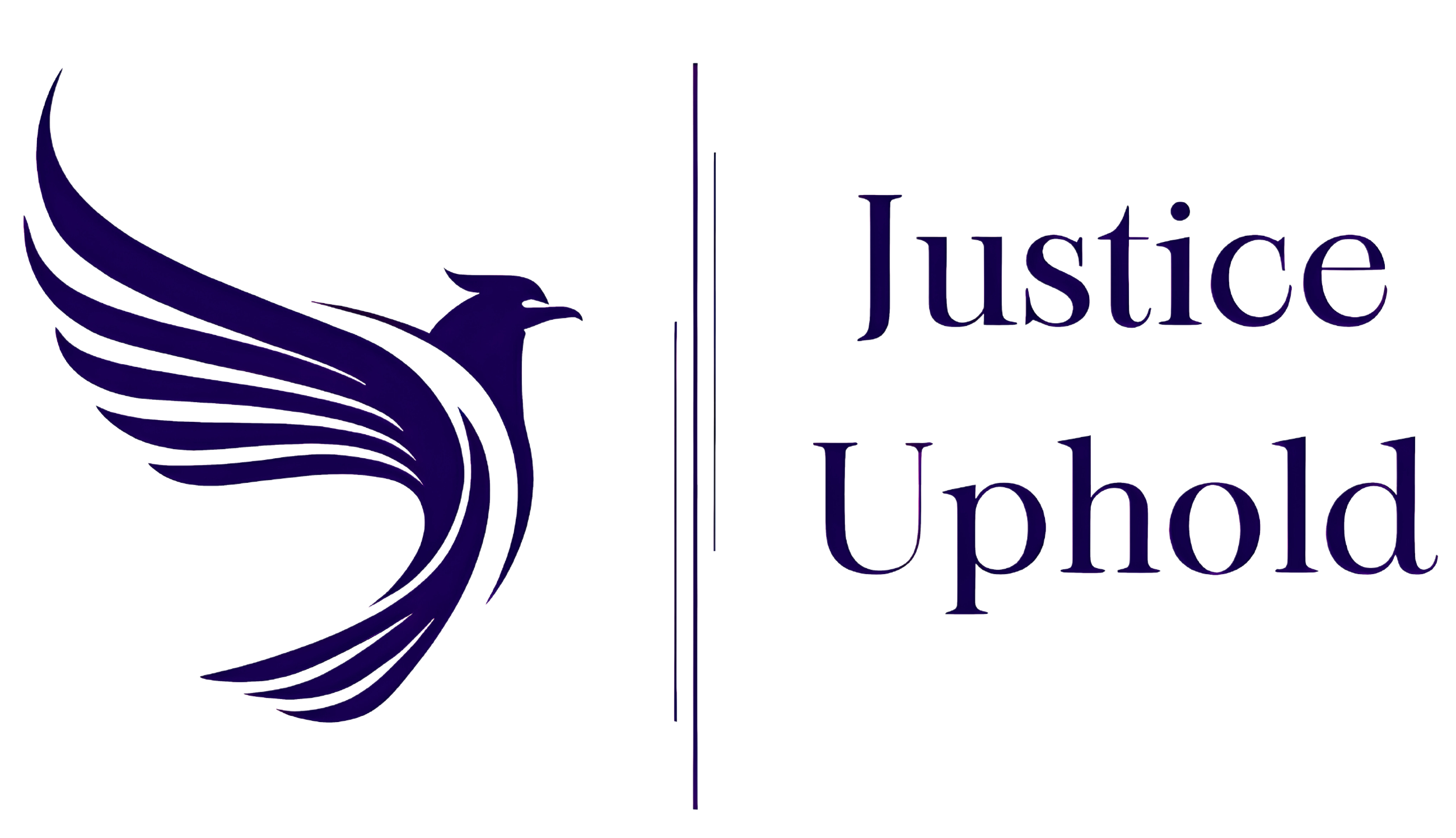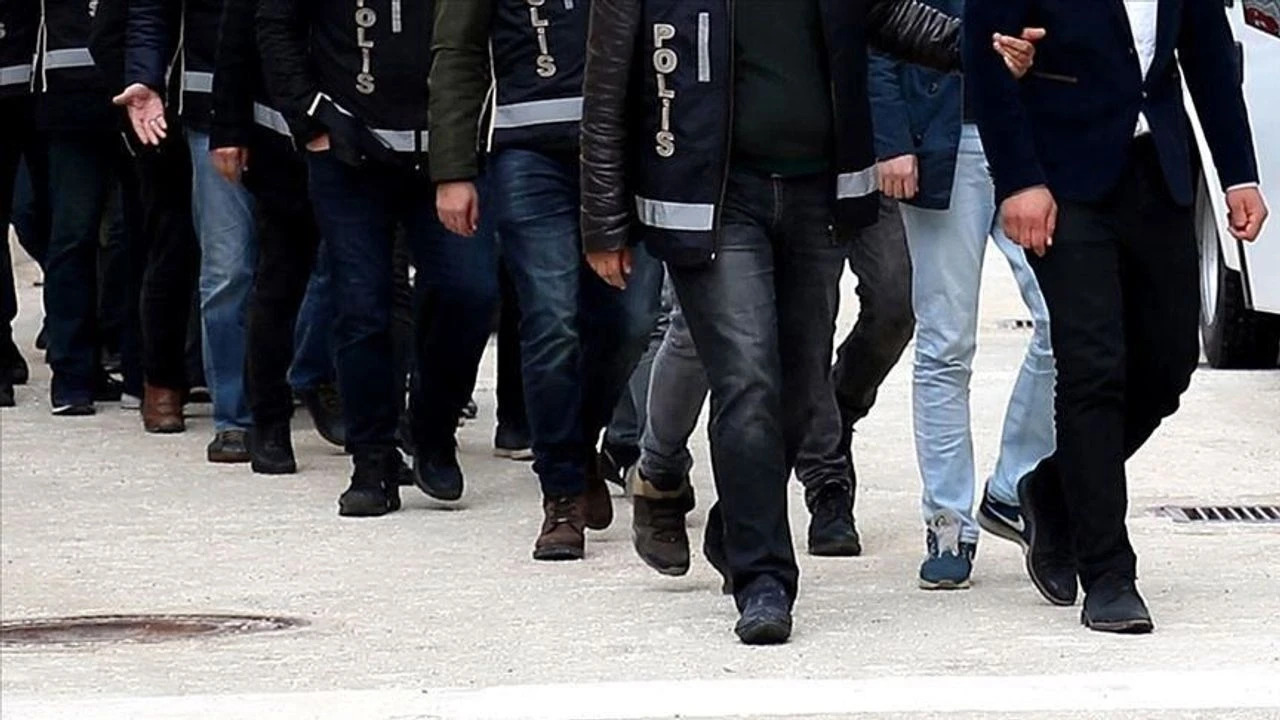Law and Human Rights Alarm; 320 University Students Arrested on Fabricated Charges; Lawyers Barred from Meeting Clients and Secrecy Order Issued
In simultaneous operations carried out in 47 provinces centred on Gaziantep, 208 young people, most of them university students, were arrested in the early hours of 6 May. It is reported that most of those detained are in their 20s, with no distinction made between males and females, and that students from all over Turkey were gathered. The number of students subjected to detention procedures in the following days reached 320.
According to allegations, the grounds for detention include ‘home visits,’ ‘studying abroad,’ ‘participation in the Erasmus programme,’ and ‘family visits,’ all of which are entirely legitimate activities protected by the constitution. It is also noted that many of the detained students come from families whose parents have previously been subjected to legal proceedings.
A New Type of Crime: ‘Why Did You Go Abroad?’
Lawyers and human rights defenders point out that security units are making interpretations that go beyond the boundaries of crime definitions. One recent example is the question ‘Why did you go abroad?’ being used as a subject of interrogation. Claims that the grounds for detention include activities covered by constitutional rights, such as participation in the Erasmus programme, studying abroad, visiting family, or seeing family members, are also noteworthy.
Profiling, Surveillance, and Detention During Exam Periods
It is alleged that students have been under surveillance for some time, particularly due to their family backgrounds. Moreover, the timing of the operations, which coincided with the exam period at universities, disrupted the education of many students. Lawyers argue that these practices are arbitrary and disproportionate, violating many fundamental rights, including the right to education.
24-Hour Ban on Lawyer Visits and Restrictions on Access to Files
Following the operations, a 24-hour ban on meetings with lawyers was imposed on those detained. Additionally, lawyers’ access to case files was restricted. These decisions are in clear violation of both the Constitution of the Republic of Turkey and international treaties to which we are a party. This situation has raised serious allegations of human rights violations under both domestic and international law.
Article 36 of the Constitution guarantees the right to a fair trial, while Article 19 refers to the right to liberty and security of the person. The right of a detained individual to meet with their lawyer in private and in confidence may only be restricted under very limited conditions, by a court order, and on a temporary basis. Articles 147 and 154 of the Criminal Procedure Code (CMK) also contain explicit provisions on this matter. According to Articles 147 and 154 of the Criminal Procedure Code (CMK), the right of suspects to meet with their lawyer in private and confidentially may only be restricted temporarily by a court order under certain conditions. Additionally, according to the Lawyers’ Act, the obstruction of the right to defence constitutes an attack on the law itself.
The imposition of a 24-hour ban on meetings with lawyers for persons in custody, the obstruction of defence lawyers’ access to files, and the conduct of meetings in secret directly affect the right to a fair trial. Such practices are contrary to both domestic law and international treaties within the framework of the European Convention on Human Rights (ECHR) and the Constitution of the Republic of Turkey.
Allegations of torture and ill-treatment in some detention centres have also been raised, but these allegations cannot be investigated and reported due to the restriction of access to lawyers. Legal experts warn that interrogating individuals without a lawyer leaves them vulnerable to ill-treatment.
Those Who Were ‘Children’ During the July 15 So-Called Coup Theatre Are Now Accused of Terrorism
It is stated that many of the young people who were detained were still children on 15 July 2016, but are now facing charges of ‘terrorist affiliation.’ It is alleged that the detention procedures are being carried out for indirect reasons, such as the fact that family members were dismissed from their jobs under the Decree-Law (KHK). Some of those detained are reported to have serious illnesses.
In particular, the politicisation of the judicial system through its redesign by the political authorities after the July 15 coup plot, the dismissal of many qualified and competent judges and prosecutors and their replacement with completely incompetent individuals with no experience, as well as certain problems and ambiguities in legal regulations, have resulted in the trampling of law and human rights in Turkey.
The right to defence, one of the foundations of the rule of law, has been politicised by the political authorities and turned into a futureless and insecure system that is completely subject to the orders of certain individuals. In a democratic country, the stronger the right to defence, the stronger the legal system will be.
‘This is a witch hunt’
Criticism is also directed at the lack of evidence-based trials, the accusations made on television, and the lynching campaigns carried out by the media. Legal experts point out that the presumption of innocence has been clearly violated, and that individuals have been declared guilty in the eyes of society and discredited.
Experts describe the current process as a ‘political witch hunt, not a legal one,’ and say that such practices will go down in the history of justice as a black mark.
International Law is also being violated
Article 6 of the European Convention on Human Rights (ECHR) guarantees everyone the right to a fair trial, while Article 3 explicitly prohibits torture and ill-treatment. The European Court of Human Rights (ECHR) also emphasised in its landmark Salduz/Turkey ruling that access to a lawyer is an absolute right from the moment of arrest. The warning that individuals deprived of legal counsel are vulnerable to torture and ill-treatment has been repeatedly expressed in international law.
Grounds for Detention Spark Debate
While ‘membership in FETÖ’ was cited as the reason for the operation, it is alleged that some of those detained were accused of reasons such as having received education abroad, participating in the Erasmus programme, visiting family, or making home visits. It is noted that most of the suspects come from families that have previously been subject to legal proceedings. This situation has led to criticism that the charges are based on personal activities and family ties. The measures have caused widespread reaction in legal circles and the public. Many lawyers and human rights defenders have expressed the view that the ban on lawyer visits and the restriction on access to files weaken the right to defence and expose individuals to ill-treatment. These restrictions must be lifted immediately to ensure that trials can proceed fairly and that fundamental rights are protected.
The fact that hundreds of young people are being charged with ‘terrorist activities’ for exercising their constitutional rights to education, travel, and social life has caused deep concern in the public. The violation of legal guarantees, the disregard of the presumption of innocence, and the arbitrariness of the process constitute a serious blow to judicial independence and the rule of law.
No Evidence, No Fair Trial, No Right to Defence
The lack of a transparent trial based on evidence in the judicial process, along with accusations made on television and lynching campaigns carried out by the media, are drawing public criticism. Legal experts point out that declaring people guilty without even bringing them before a court violates the presumption of innocence and damages their reputation in the eyes of society.
This process is described as a ‘political witch hunt’ rather than a legal one. The violation of the fundamental rights of those detained, the obstruction of their right to defence, and the lack of transparency in the proceedings have led to warnings that this could go down in history as a ‘black mark’ on the record of justice.
Immediate Action is Required in Accordance with the Rule of Law
Current practices threaten not only the legitimacy of individuals but also that of the entire judicial system. Therefore, all obstacles to the detainees’ access to lawyers must be immediately removed, file access must be granted, and the interrogation process must be conducted in accordance with the law and due process.
Otherwise, any unlawful action will not only violate human rights but also undermine social peace.
Editor

